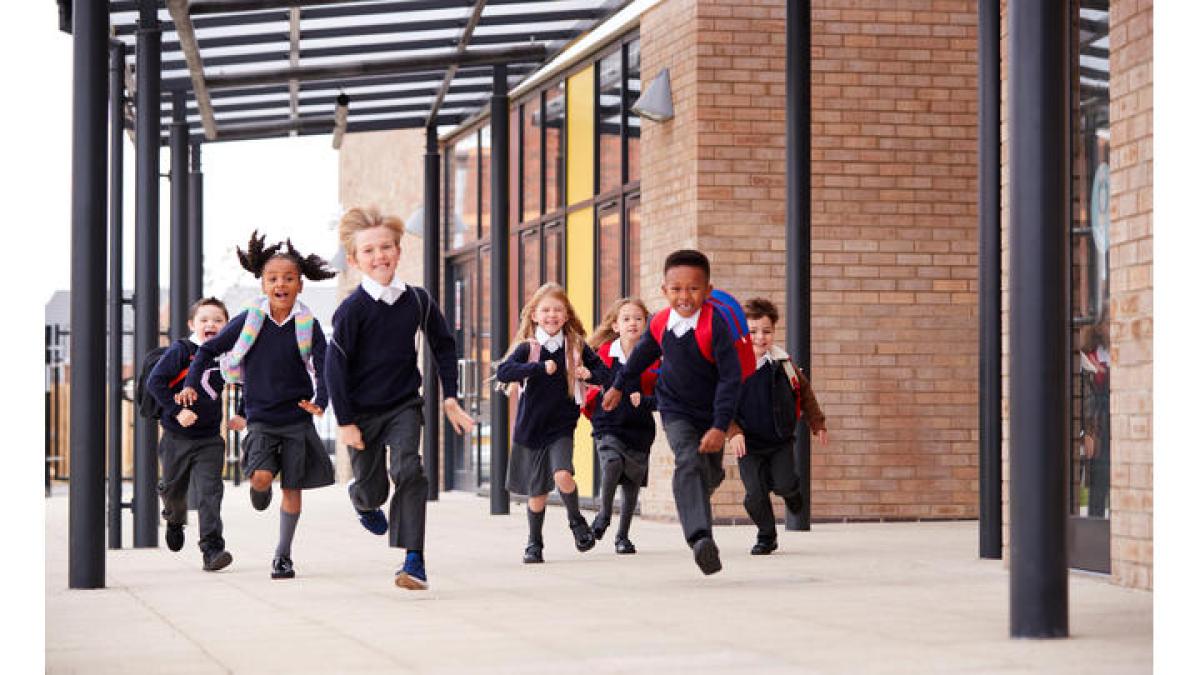Ready to Learn
Our Ready to Learn campaign highlights the crucial role libraries play in helping young children prepare for school. We call on national and local government to put libraries at the heart of efforts to support children's transition to formal education.
What does it mean to be 'ready to learn' and why is it important?
There is broad agreement that young children get the most out of school – and enjoy it more – if they are curious about learning, able to co-operate with others and confident in communicating. There is concern, however, that the number of children starting school without these skills is growing.
By providing access to a wide range of age-appropriate reading materials, hosting high-quality family activities and promoting a positive home learning environment, libraries can have a significant impact at this major milestone in children’s lives. Primary school teachers agree. They are extremely positive about libraries and overwhelmingly believe that they can help prepare children for school. They also want to see more action by councils to improve children’s preparedness for learning, and believe public libraries should be an integral part of those efforts.
What is the evidence that visiting a public library can help?
There is a growing body of research evidence, highlighted in our briefing, that suggests regular library use can help children settle in and succeed at school. This is supported by the views of teachers. Our polling carried out by Survation, which you can read more about here, shows that 90% of primary school teachers agree that visiting a public library regularly can help young children prepare for starting school. 97% would advise a parent with a child starting school in September to enroll them with their local library.
The case studies in our briefing, which you can download at the bottom of this page and via this link, showcase some of the most innovative work that libraries are doing to support young children and their families as they make the transition to school. Responding to the needs of their communities, these libraries are a core part of a wider network that includes nurseries, health visiting teams, family hubs and primary schools themselves.

Staff

